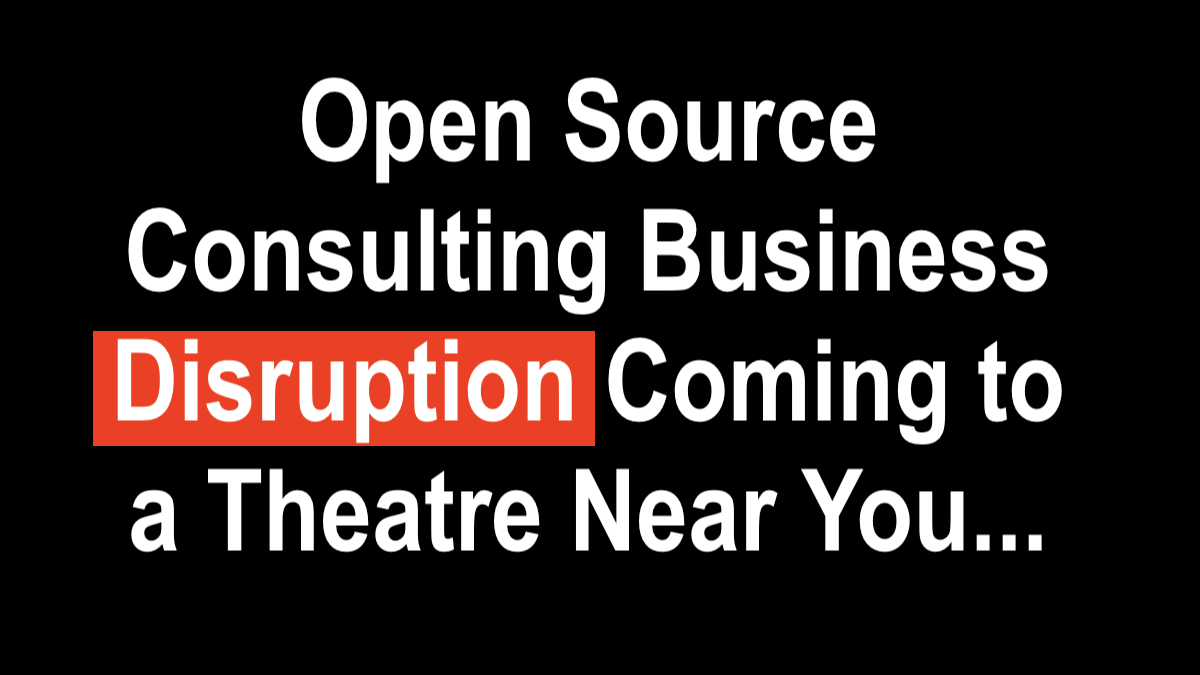The Information. Applied AI.
By Aaron Holmes
Aug 5, 2025
In the M&A industry, bankers’ most important asset has historically been their rolodex. But the proliferation of AI chatbots appears to be changing that.
When the boards of companies look to sell the business, they turn to M&A advisors to scope out suitable buyers. In the past, junior bankers assembling lists of potential buyers would have to spend hours researching and consolidating information, before checking in with senior bankers whose institutional knowledge and network of connections would narrow down a list of potential acquirers.
But recently, bankers have found that AI research tools are pretty good at swapping in for junior staffers when it comes to researching buyers, according to Jay Jung, a former Goldman Sachs investment banker who founded his own M&A brokerage, Embarc Advisors, seven years ago.
“It turns out AI is very useful in M&A work,” Jung said. “It’s becoming commoditized. What used to take hours of work and knowledge that sat in some senior banker’s head can now be done by an associate using AI.”
Specifically, Jung said the employees at his firm have been leaning on ChatGPT to automate the work of researching potential buyers for given targets. Jung’s employees have the $200 per month ChatGPT Pro subscriptions that include its Deep Research feature—he said his firm spends several thousand dollars a month on the tool—which they use to surface the names of firms that could be acquirers.
For instance, Jung’s firm was recently hired by a relatively small IT services firm based in Denver with revenue of less than $30 million looking for a buyer. They fed data from proprietary databases they subscribe to, including Grata and Pitchbook, as well as their firm’s internal data on existing buyers, into ChatGPT. Jung’s firm then asked the chatbot to find firms within the IT sector that are active in Colorado and adjacent states and are seeking targets of a similar size and draft customer profiles of each buyer for his firm to review.
“ChatGPT can do all of that in minutes, and the result is better than what 60% of junior analysts can do,” Jung said. His firm also used ChatGPT to draft letters of intent to potential buyers (but had humans proofread the letters and send them manually to avoid errors).
Jung said that, while the automation is saving his firm time, he hasn’t yet made any hiring or staffing decisions as a result of it. But he thinks existing M&A brokerages will have less of a lock on the market as AI tools democratize the industry.
For instance, Jung says he knows real estate brokers who are starting to break into M&A advisory with the help of ChatGPT and similar tools.
“The barrier to entry is now really low,” he said. “If I’m selling houses, what’s to stop me from saying, let me use AI to start researching how to sell companies instead because that’s better money.”
Consulting Cannibalization
Tech consulting firms have been leaning heavily into the AI boom, pitching companies to pay for their advice on how best to use generative AI tools to cut costs.
But, perhaps unsurprisingly, those firms are also uniquely vulnerable to being replaced by chatbots themselves. McKinsey has rolled out roughly 12,000 AI agents since 2023, according to a new report this week in The Wall Street Journal, which automate tasks like drafting PowerPoint slide decks or writing research reports for clients. During the same time frame, the firm has cut its head count to 40,000, or by roughly 11%.
That automation makes sense given that generative AI tools are good at research, tech support, and summarizing documents. It’s not hard to imagine a future where ChatGPT could autonomously produce a plan for a company to reduce its costs using AI and other software.
Still, it’s not clear whether all of McKinsey’s headcount cuts are the result of AI replacing its consultants—the firm could merely be using AI to automate other back-office roles in the way many companies are. In a similar example, I was told by an executive at the consulting firm EY earlier this year that he expected the firm to downsize its IT and HR departments thanks to advances in AI agents.
Meanwhile, consulting firms who advise large customers on how best to use AI are seeing increasing competition from AI firms themselves, which are gradually encroaching on the consulting space. It’s a tough time to be a consultant.


